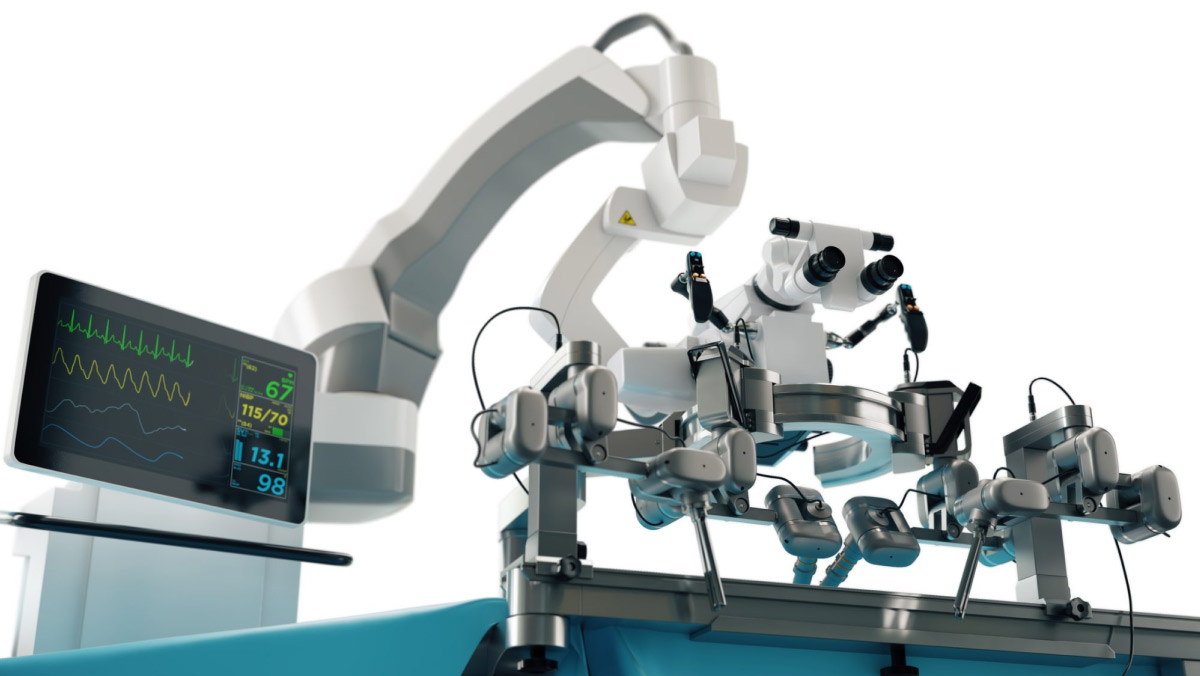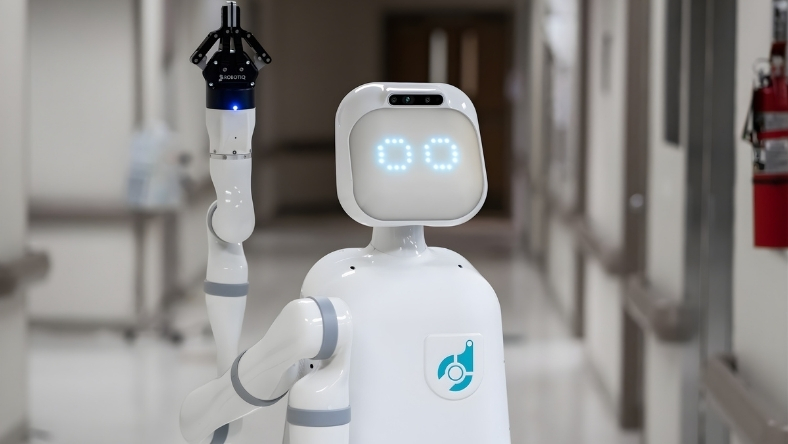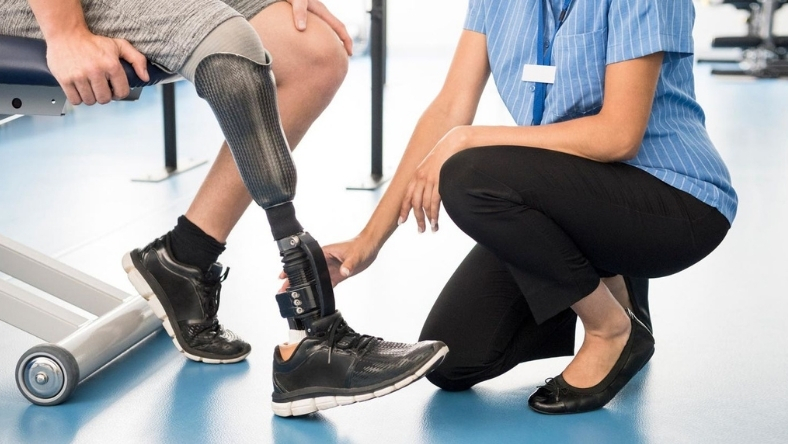INNOVATION
Zimmer Biomet Unveils a New Era of Robotic Knee Surgery
Zimmer Biomet's AI-driven robotics aim to bring speed, precision, and consistency to knee replacements.
2 Aug 2025

Knee surgery is entering a new phase, and the change is being driven by robots. Zimmer Biomet is introducing technology that blends artificial intelligence, 3D surgical planning, and semi-autonomous operation to help make knee replacements more accurate, faster, and consistent.
The centerpiece is Monogram's robotic system, recently cleared by the FDA for semi-autonomous total knee surgery. The process begins with a detailed 3D plan tailored to each patient's anatomy. A robotic arm then carries out the operation, following the plan with precise, repeatable movements that are difficult for even the most skilled human hands to match.
By combining Monogram's technology with its ROSA robotics platform and its own implant designs, Zimmer Biomet is building a surgical setup that works as a coordinated system. The idea is to improve results for patients while making surgeries easier to standardize across hospitals and surgical teams.
The potential benefits are significant. Knee replacements are one of the most common elective surgeries in the United States, and improving accuracy even slightly can shorten recovery times, lower complication rates, and reduce costs. Automated systems could also help hospitals deal with surgeon shortages by reducing dependence on individual skill levels.
There are still challenges. Surgeons will need training to adapt to new tools, and regulators will monitor closely to ensure safety. But the direction of travel is clear. Robotic surgery is no longer a futuristic concept. It is already operating in real hospitals, shaping the future of patient care.
If Zimmer Biomet's approach succeeds, the company could change not only how knee surgeries are performed, but also how surgical success is measured.
Latest News
27 Jan 2026
From Solo Bots to Team Players in Healthcare26 Jan 2026
Serve expands into hospitals with Diligent acquisition22 Jan 2026
Health Systems Point to a New Era in Prosthetics Care20 Jan 2026
In Prosthetics and Robotics, Bigger Is Becoming Better
Related News

PARTNERSHIPS
27 Jan 2026
From Solo Bots to Team Players in Healthcare

INVESTMENT
26 Jan 2026
Serve expands into hospitals with Diligent acquisition

MARKET TRENDS
22 Jan 2026
Health Systems Point to a New Era in Prosthetics Care
SUBSCRIBE FOR UPDATES
By submitting, you agree to receive email communications from the event organizers, including upcoming promotions and discounted tickets, news, and access to related events.